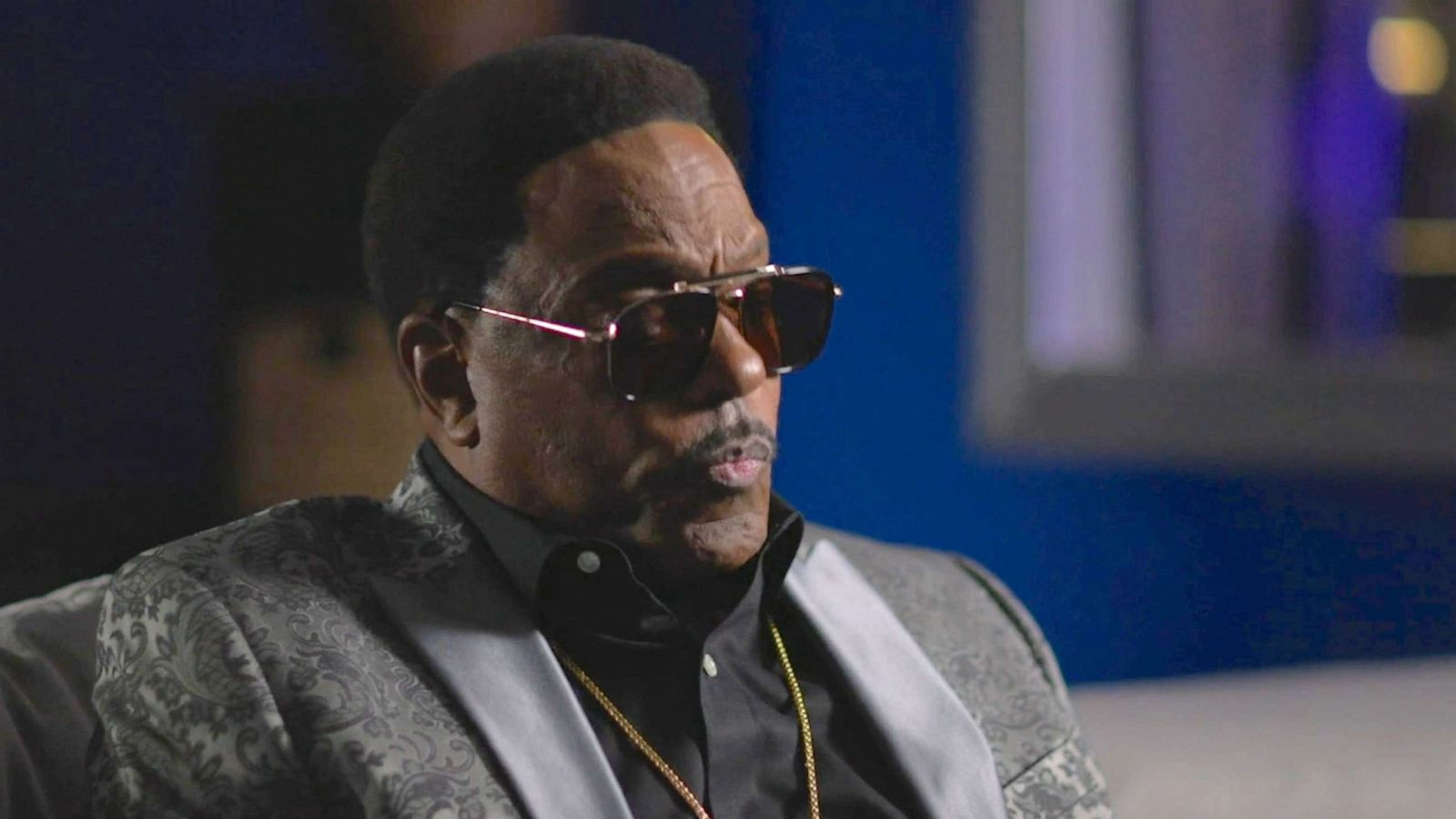

“Dave’s lying across the road with that Winchester,” they’d warn anyone who approached. After that incident with the sheriff, no one ever did.

Word has it that he once shot the town sheriff and got away with it, and that he was known for lying in the road with his Winchester rifle, waiting for someone to say something sideways to him. I’m told that he was a full-blooded Indian with a hot temper and an itchy trigger finger. My grandfather, Dave, was somewhat of a pistol. “Yessir,” my father answered quickly, understanding the cachet this carried in this town among its people, both of which were foreign to him. “Boy, you Dave Wilson’s son?” another man asked. When he arrived there sans a chaperone, the people there said, “What’s your name?” He ended up a few stops down that stretch of railroad track, in a small town with a huge, empty field God directed him to. But when my father heard the calling, he listened. The average teenager may have thought he was going slowly, surely mad, following behind a voice that insisted he leave all he knew and deposit himself on a locomotive, destination unknown. The Lord had spoken to him-told him to get on the first train coming and ride it through the countryside until He told him where to get off. At just thirteen years old, he took off from his home in Lehigh, Oklahoma, in the dead of night with nothing but a small suitcase and a Bible, chasing behind God’s voice and a light that lit his footpath through the pitch dark. I was about four years old when I said, “I want to do that.” My father happily obliged me, seeing as my oldest brother, Ronnie, and later my sister, Loretta, both gave up their position as the good pastor’s warm-up act when they turned twelve and got a little too much preteen angst to be bothered. The way the congregants of the Church of God in Christ in Tulsa, Oklahoma, would jump in the rhythm and work themselves into a frenzy was confusing. I’m not going to lie: my daddy’s hollering and screaming scared me. That man could jump three or four feet in the air, and by the time he made it back down, people were falling out and shouting. That early-Sunday-morning vigor gave him wings he’d fly all over that pulpit and all through the church, crowing through the pews and hopping over laps, the Word dripping from his tongue.

My daddy was a preacher with that Bible-thumping, Southern Baptist fire deep in his bones. I Am Charlie Wilson Chapter 1 Becoming Charlie Wilson It is a tale of the last sixty years in social and pop culture history, and one that will stay with you for years to come. His is a story of triumph over adversity, courage in the face of extreme hardship, and love when all else is lost. Now over twenty years sober, Wilson recounts a life filled with vertiginous highs and heartbreaking lows. Here, too, is the story of his work in the music business, including a career resurgence that saw collaborations with some of the most sought-after artists of today, including Pharrell and Justin Timberlake. Here is the riveting story of how love and faith carried him through not only his addiction, but also prostate cancer. So it took friends and family by surprise when he checked into rehab and revealed that he had been not only homeless, but also helpless. Recognized the world over for his distinct voice and timeless hits spanning a career of nearly half a century, Charlie Wilson is one of the most celebrated musicians of his generation. The long-awaited New York Times bestselling memoir of seven-time Grammy-nominated artist Charlie Wilson, the iconic R&B and Funk singer-songwriter-producer and former lead singer of The Gap Band-interwoven with his recollections of collaborating with fellow artists such as Stevie Wonder, Kanye West, and Snoop Dogg.


 0 kommentar(er)
0 kommentar(er)
